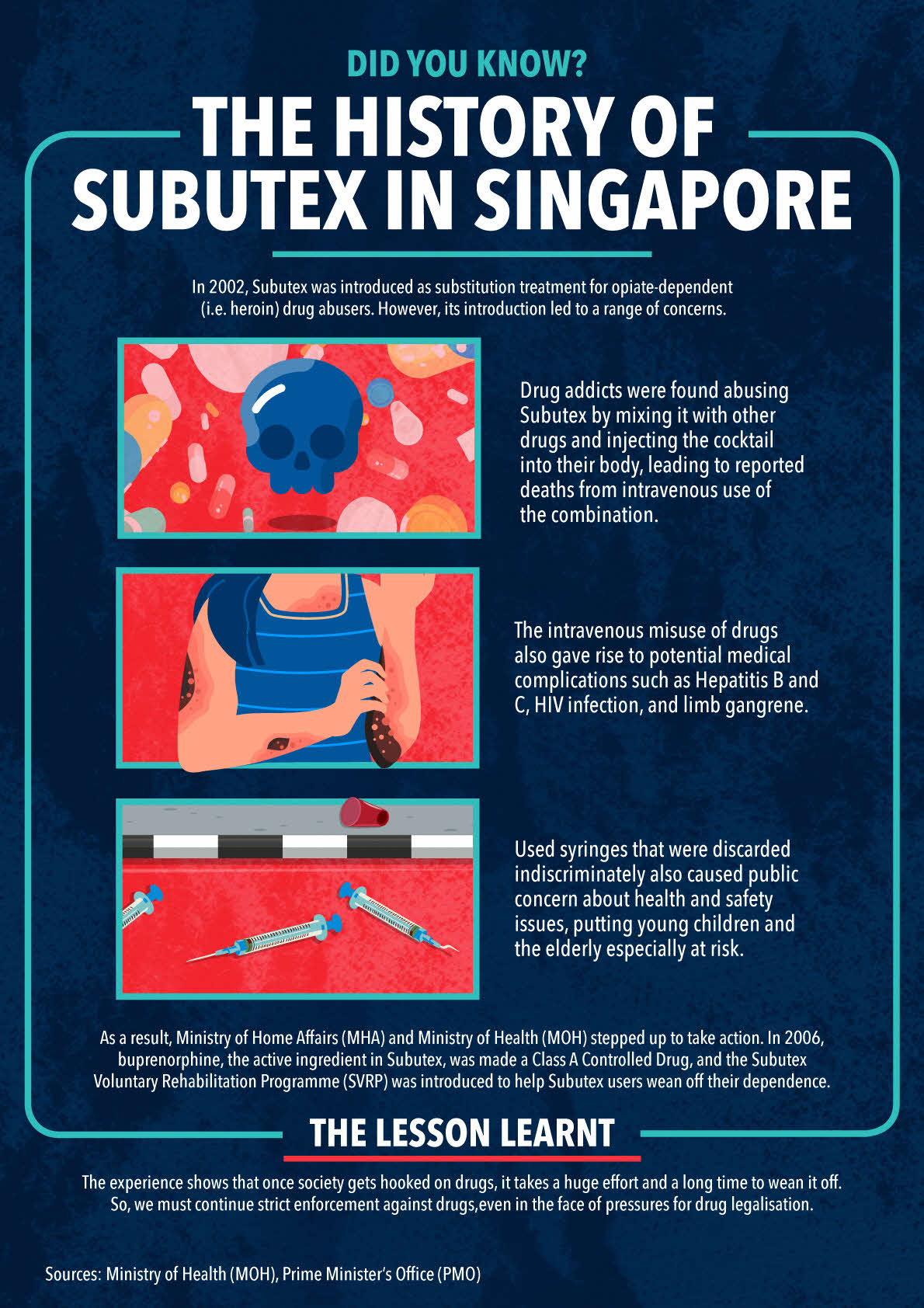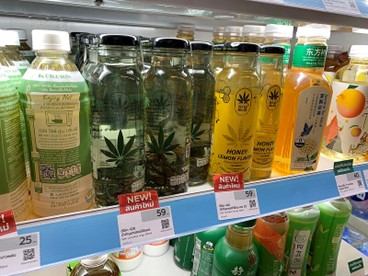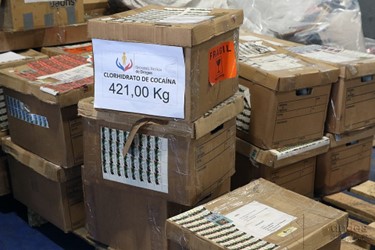Beware of suspicious donation collectors who claim to be raising funds on behalf of the Central Narcotics Bureau (CNB). These solicitations for donations are NOT related in any way to nor endorsed by CNB. If you encounter such claims, please make a police report immediately.
Beware of fake/phishing SMS messages or emails that impersonate the Central Narcotics Bureau (CNB). CNB does not send clickable links in SMS messages. CNB officers will only send emails from addresses ending with “@cnb.gov.sg”. If in doubt, you may contact us via the official channels listed at https://www.cnb.gov.sg/contact-us





